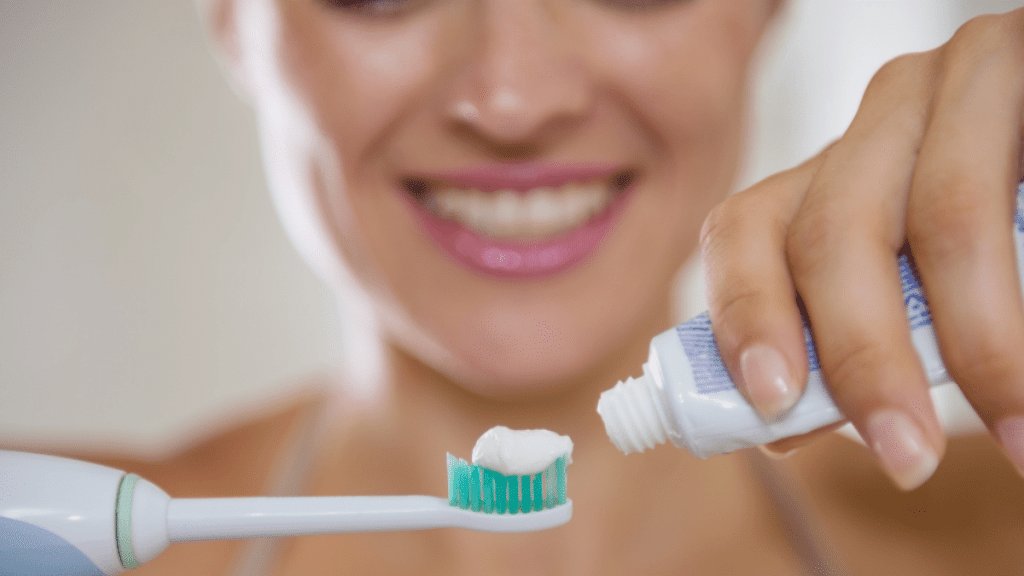When it comes to oral hygiene, choosing the right toothpaste is critical, especially if you are focused on tartar control. The accumulation of tartar not only affects the appearance of your teeth but can also lead to serious dental issues like periodontal disease. To prevent this, it’s essential to use the best toothpaste for tartar control and periodontal disease. In this guide, we’ll explore everything you need to know about selecting the right toothpaste to keep tartar at bay and maintain optimal oral health.
What Is Tartar and Why Is It a Problem?
Tartar, also known as dental calculus, is a hard deposit that forms on your teeth when plaque isn’t properly removed. Plaque is a sticky film of bacteria that constantly forms on teeth. When it hardens, it turns into tartar, which can cause several oral health problems:
- Gum Disease: Tartar build-up can lead to gingivitis, an early stage of gum disease, and if left untreated, it can advance to periodontal disease.
- Cavities: Tartar makes it easier for plaque to cause decay and damage tooth enamel, leading to cavities.
- Aesthetic Issues: Tartar often appears as yellow or brown discoloration on the teeth, which can make your smile look less appealing.
How Can Toothpaste Help Control Tartar?
Toothpaste designed for tartar control contains specific ingredients that not only help prevent the build-up of tartar but also break down existing plaque before it hardens. These toothpastes typically include:
- Pyrophosphates: These prevent calcium from depositing on your teeth, effectively slowing down the formation of tartar.
- Zinc Citrate: Known for its ability to reduce plaque and slow tartar formation.
- Fluoride: While not specifically for tartar, fluoride helps strengthen enamel, preventing decay and cavities that often accompany tartar buildup.
Choosing the best toothpaste for tartar control and periodontal disease is essential for maintaining healthy teeth and gums.
How to Maximize the Effects of Tartar Control Toothpaste
While choosing the right toothpaste is crucial, your brushing technique, frequency, and overall oral hygiene habits play a significant role in maintaining a tartar-free mouth.
Proper Brushing Technique
To effectively remove plaque and prevent tartar build-up, it’s essential to brush your teeth properly:
- Use a soft-bristled toothbrush to avoid damaging your gums and enamel.
- Brush for at least two minutes, ensuring you reach all surfaces of your teeth, including the back molars and along the gumline.
- Hold your toothbrush at a 45-degree angle to your gums to help remove plaque from this critical area.
Don’t Forget to Floss
Tartar tends to build up in areas where your toothbrush can’t reach, such as between your teeth. Flossing is essential to remove plaque from these areas before it hardens into tartar. Make flossing a daily habit to keep your teeth free from build-up.
Use a Tartar Control Mouthwash
In addition to using the best toothpaste for tartar control, consider using a tartar control mouthwash. These mouthwashes are designed to break down plaque and prevent it from hardening into tartar, offering an extra layer of protection.
Professional Dental Cleanings and Tartar Removal
Even the best toothpaste for periodontal disease can only do so much. Regular dental cleanings are vital for removing tartar that has already hardened. Dentists use specialized tools to scrape away tartar deposits, which cannot be removed by brushing and flossing alone.
Preventing Tartar Build-Up Through Diet and Lifestyle
Your lifestyle choices can also impact how much tartar builds up on your teeth. Here are a few ways to prevent tartar naturally:
Avoid Sugary and Starchy Foods
Sugary and starchy foods promote plaque formation, which, if not cleaned properly, can harden into tartar. Limit your intake of these foods to reduce plaque build-up.
Stay Hydrated
Drinking water throughout the day helps wash away food particles and bacteria that contribute to plaque and tartar. Staying hydrated also stimulates saliva production, which naturally helps clean your teeth.
Quit Smoking
Smoking is a significant contributor to tartar build-up and periodontal disease. Quitting smoking can greatly improve your oral health and reduce the risk of severe gum problems.
Conclusion
Choosing the best toothpaste for tartar control and periodontal disease is an essential step in maintaining optimal oral health. Look for toothpaste with proven ingredients like fluoride, triclosan, pyrophosphates, and zinc. Combine this with proper brushing, flossing, and regular dental cleanings to keep your teeth tartar-free and your gums healthy. By adopting a comprehensive oral care routine, you can prevent tartar buildup and avoid the complications of gum disease.
